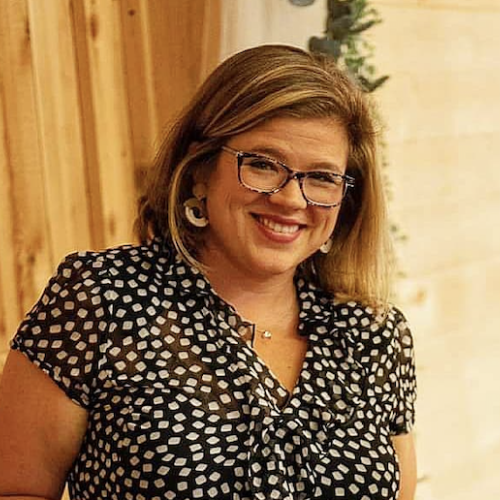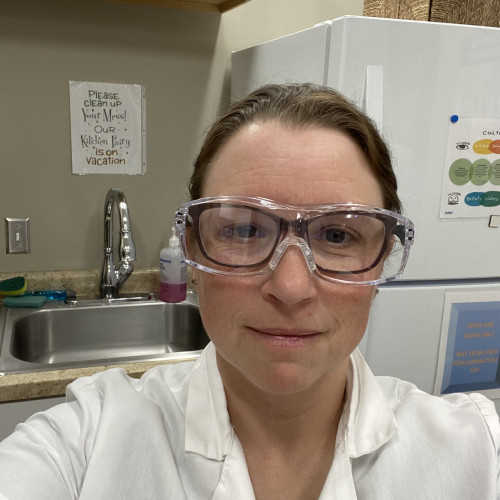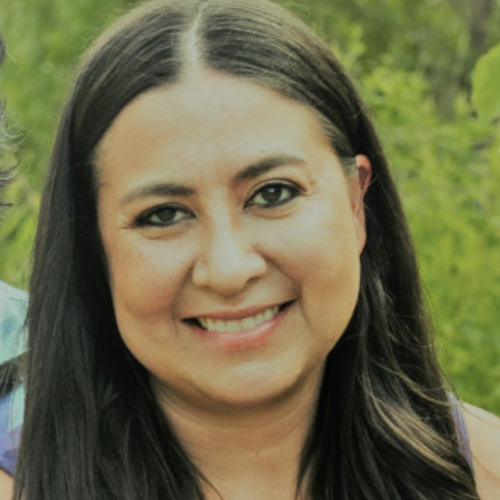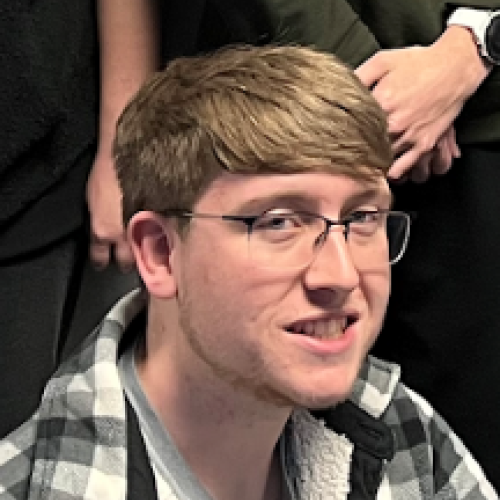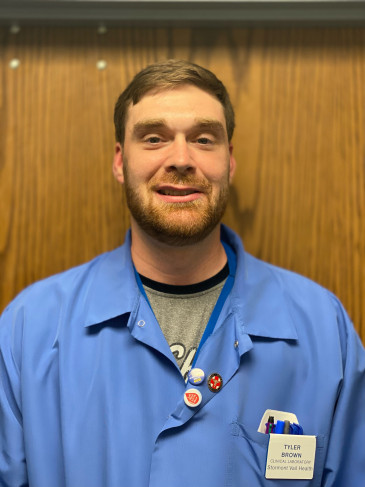
Tyler Brown
Tyler Brown
Medical Laboratory Scientist
When I was 5, my 7-month-old brother had open-heart surgery to repair a congenital defect. When I looked back on that experience over the years, I came to truly appreciate that team of doctors and nurses. I started to think it would be cool if I could help others the way those healthcare workers helped my family. It took me a while to figure out exactly what I wanted to do, but I knew that a career in healthcare could be a good fit for me!
I originally intended to apply for physician assistant school, so I enrolled at Washburn University and got a degree in biology. Those plans changed, however, when I took a job at Stormont Vail Health as a specimen processing specialist in the lab. It was mainly just a way to get into the healthcare field, but I ended up really enjoying the laboratory setting. I ended up applying to Washburn's Clinical Laboratory Science program instead, which is affiliated with the University of Nebraska Medical Center in Omaha. I spent three months taking classes there, then completed two semesters of online coursework while doing clinical rotations in the lab at Stormont.
I’m now a medical laboratory scientist (MLS) at Stormont. An MLS runs tests on various biological specimens, the results of which help determine patients’ care and treatment. I work in the blood bank department in the lab, where we perform compatibility testing to match blood products to the patients needing a transfusion. These products include red blood cells, platelets, plasma and cryoprecipitate, which is plasma rich in clotting proteins that slow or stop bleeding.
I don't work with patients directly as an MLS, but our work directly affects them and their care — I take pride in being an important part of the process. I’m also happy with where I am in my career. Working in the blood bank was a goal I set while finishing school, and I’ve really enjoyed it so far!
Now that I’ve finished classes and have some real-world experience, I’m glad I took pretty much every science class I could in high school. Biology, chemistry, physics — having that strong science foundation early on helped me through my college courses and continues to support me today.
To those who are curious about a career in a healthcare lab, I’d recommend starting with some experience. Whether it’s a volunteer opportunity, job shadowing or applying for an entry-level job like I did, giving it a try is a great way to see if it’s right for you.

